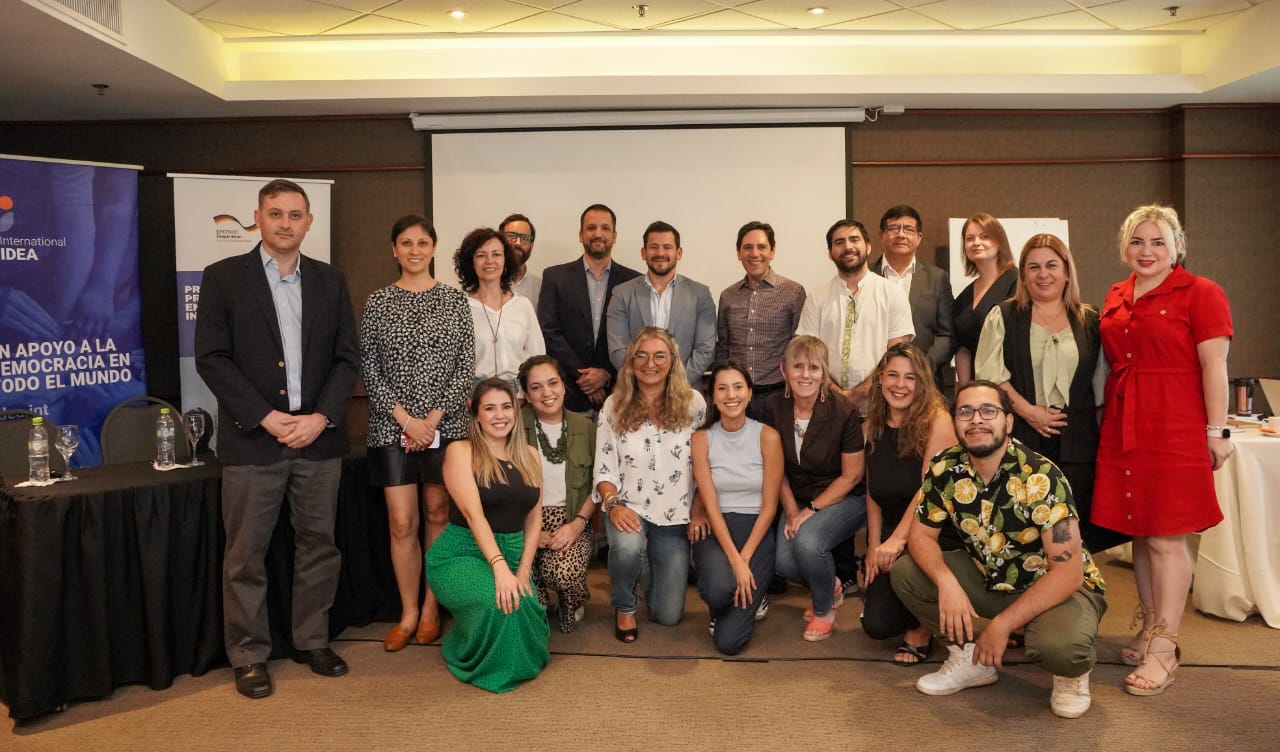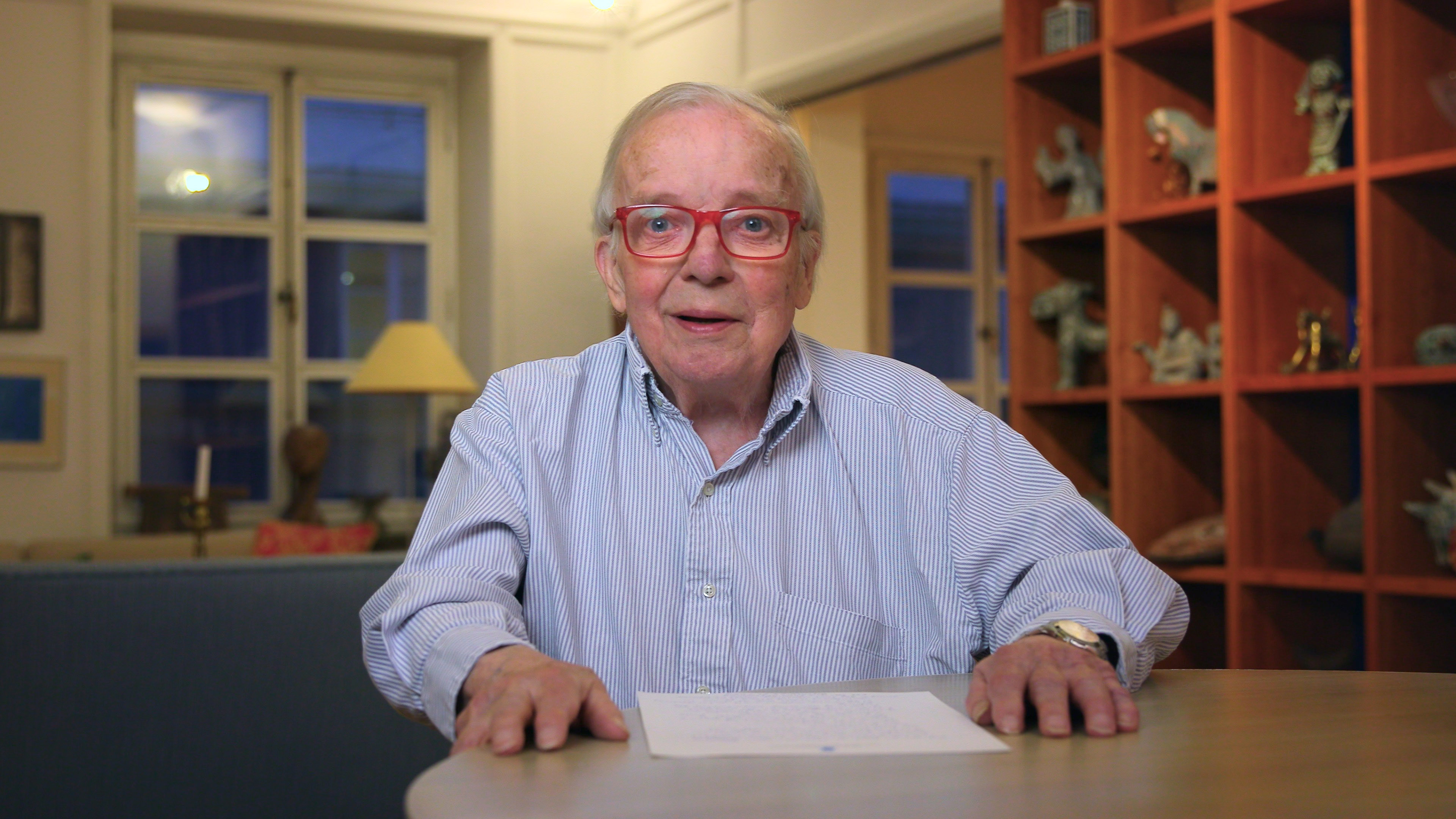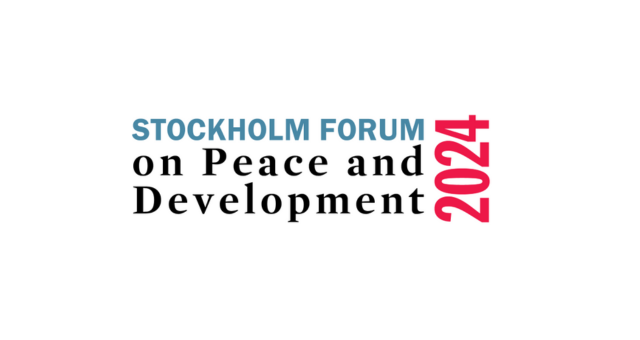International Seminar “Elections in Central America and the Dominican Republic: evaluation of experiences and lessons learned”
The International Seminar “Elections in Central America and Dominican Republic: evaluation of experiences and lessons learned” was carried out in San José, Costa Rica, on August 12, 13 and 14, 2014. It was jointly organized by International IDEA and the Costa Rican Supreme Tribunal of Elections, through the Institute for Education and Studies in Democracy (IFED).
A large number of people attended the inaugural lecture “Elections in Central America and the Dominican Republic: a comparative reading”, delivered by Dr. Daniel Zovatto, Regional Director for Latin America and the Caribbean of International IDEA. It stimulated interest from international participants and various prominent national figures, as well as scholars and students of the University of Costa Rica’s Chair of Constitutional Law.
The fundamental lessons learned during 2013 and 2014 were reviewed, and the following topics received particular attention:
- Elections in Honduras, November 2013
- Elections in Costa Rica, February and April 2014
- Elections in El Salvador, February and March 2014
- Elections in Panamá, May 2014
Looking forward towards 2015 and 2016, perspectives and challenges were analyzed for:
- Elections in Guatemala
- Elections in the Dominican Republic
- Elections in Nicaragua
Two thematic roundtable discussions were also held. The “Equity in the electoral campaign” discussion had sub-topics dealing with financing, led by Eduardo Núñez, Director of the National Democratic Institute (NDI) of Guatemala; access to the media, led by Uruguayan expert Juan Rial; surveys, led by Mexican expert Roy Campos; and equity in electoral observation, led by Kevin Casas, Secretary for Political Affairs at the OAS. The following experiences were highlighted in this area:
- A general lack of progress in the areas of equity and transparency
- The coexistence of licit and illicit economies and extensive grey areas
- The convenience of time slots for campaign content in the media, and greater control of these slots
- A tendency towards a more holistic approach by electoral observation and evaluation missions
- Debate on surveys, media and social networks
- “Money is power” – the central problem of the relationship between money and politics
The second thematic roundtable addressed the topic “Use of electronic voting”, with the participation of Nicolás Deane, Héctor Fernández, and Osman Valdés, who presented the experiences of Argentina, Costa Rica, and Panamá, respectively. Their recommendations concluded that each country should:
- Define objectives and paths with respect to electronic voting in line with the national context
- Consider economic, technological and cultural variables
- Establish educational campaigns and consciousness-raising efforts for political parties and citizens
- Ensure the secrecy of voting through juridical and cultural factors
- Develop technological capacities (managed by Electoral Management Body)
Other recommendations/observations include:
- The challenge consists of expanding controlled experiences to the widest scale
- Guidelines: context, celerity, certainty, consensus, confidence, caution, costs
- The greatest advantage of the Panamanian and Costa Rican model is that it facilitates ballot counting and eliminates the problem of interpretation of the vote
As part of the final reflections, it was stressed that every country must bear in mind the following points:
- Be prepared for the unexpected
- Develop technical capacities and political skills
- Be conscious of the possibilities and limitations of electoral reform and of initiatives concerning the electoral management bodies themselves
- Remember that institutions matter, but actors also matter
- Aim towards equity in competition in the most unequal region of the planet.








